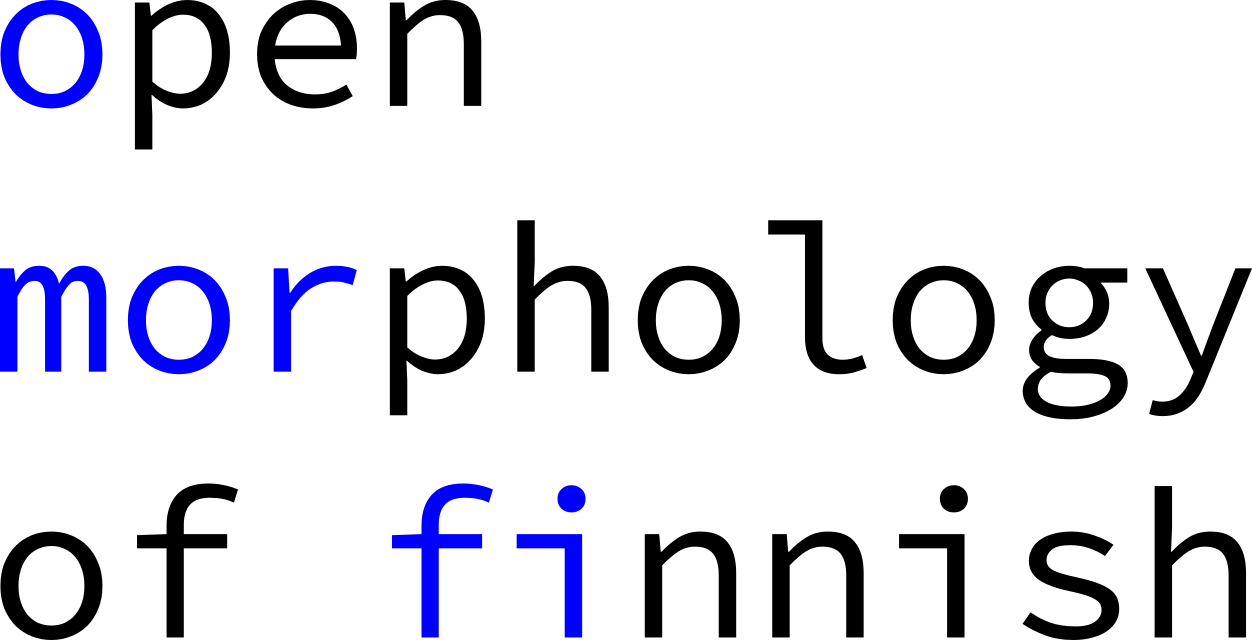|
| def | __init__ (self) |
| |
|
def | use_analyser (self, Analyser analyser) |
| |
|
def | load_guesser (self, str hfstfile) |
| |
| def | guess (self, Token token) |
| |
|
|
| guesser |
| |
|
| analyser |
| |
|
| try_titlecase |
| |
|
| try_lowercase |
| |
|
| try_uppercase |
| |
|
| try_detitlecase |
| |
An object for omorfi’s morphological guessing.
◆ __init__()
| def omorfi.guesser.Guesser.__init__ |
( |
|
self | ) |
|
Load analysis model from a file.
Args
f: containing single hfst automaton binary.
◆ guess()
| def omorfi.guesser.Guesser.guess |
( |
|
self, |
|
|
Token |
token |
|
) |
| |
Speculate morphological analyses of OOV token.
This method may use multiple information sources, but not the actual
analyser. Therefore a typical use of this is after the analyse(token)
function has failed. Note that some information sources perform badly
when guessing without context, for these the analyse_sentence(sent) is
the only option.
Side-effect:
This operation stores guesses in token for future use as well as
returning them.
Args:
token: token to analyse with guessers.
Returns:
New guesses as a list of Analysis objects.
The documentation for this class was generated from the following file:
- /home/flammie/github/flammie/omorfi/src/python/omorfi/guesser.py

